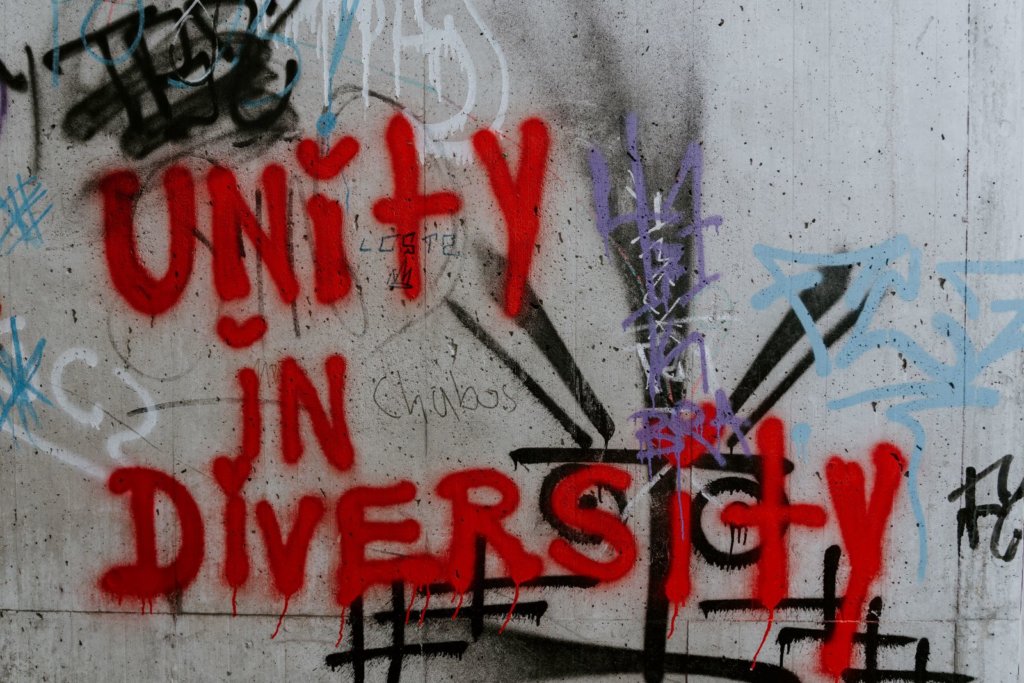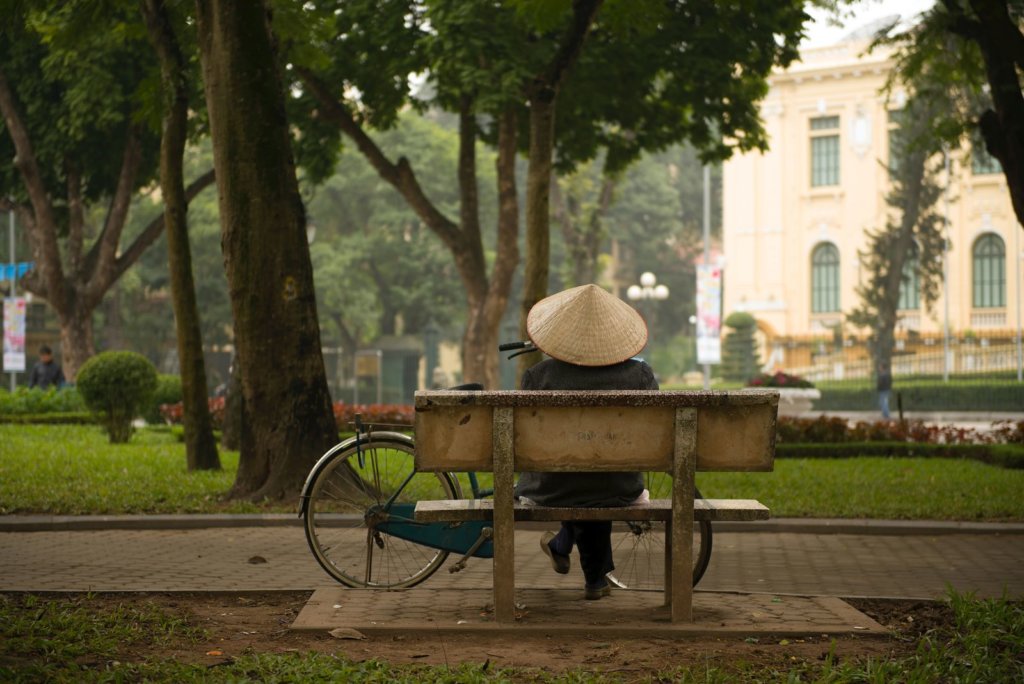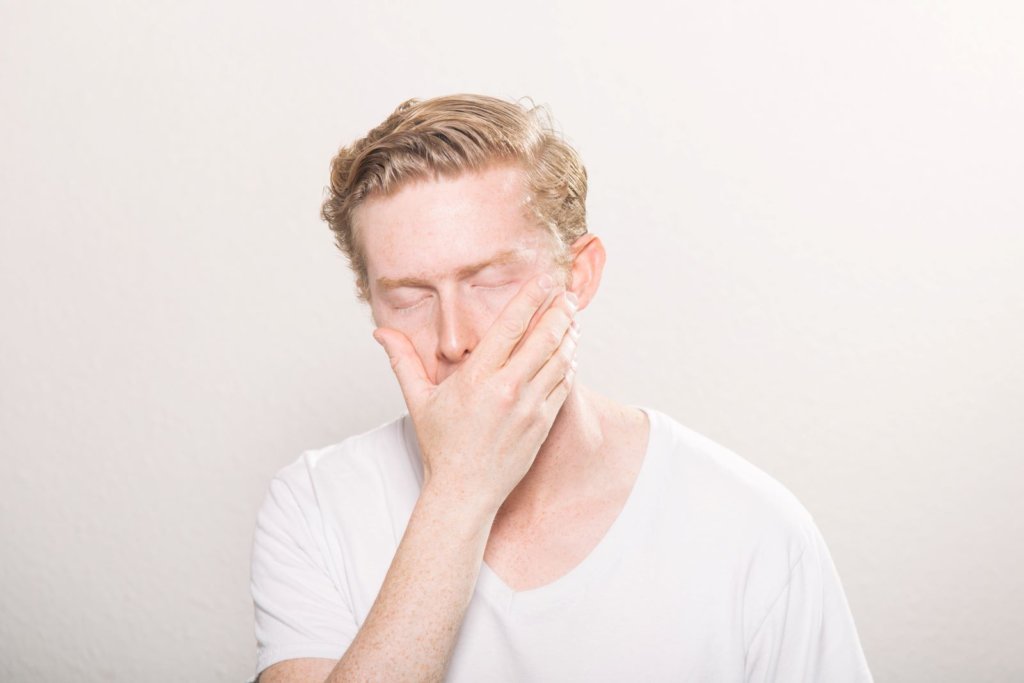Something I’ve heard before is that physical health is a privilege. When people said that, I brushed it aside because I thought they meant health is something to be grateful for, a blessing, a gift. But now, as I approach my 37th birthday, I recognize physical health is an attribute to be grateful for yes, but it’s also a privilege similar to how we talk about White privilege. Meaning, something most people don’t think about, or take for granted, unless they’re in the group that doesn’t have it.
There’s a lot to say about White privilege but to summarize, it’s the obvious and less obvious passive advantages that White people may not recognize they have. It’s moving through the world with relative ease. Swap out “White” for “healthy” and the privilege is similar (similar but not the same). This post is focusing specifically on physical health, but there is also mental health privilege.
For someone like me – a person recovering from adrenal fatigue, a sleep disorder, digestive issues, a spoonie – I’m not able to navigate the world with relative ease. I’m forever worried my small business will crumble because I can’t work full-time due to limited energy. And supporting myself with a part-time job is challenging, which I know, because I did it for years.

This graffiti says it all. Photo by Claudio Schwarz on Unsplash
In the days before my birthday, I’m crying because I feel like I’m getting older without ever having been young. For only three years in my 20s did I feel mildly energetic, healthy, vibrant, pleased with how my body looked and functioned. The rest of my life has been one issue after another after another. And as I’m crying about my own health challenges, I think about friends of mine, or people I know, who have chronic fatigue syndrome, fibromyalgia, Crohn’s disease, thyroid issues, etc., and I realize we’re sold this image of what is “normal,” of how our bodies are “supposed” to be. Not unlike the ideals sold to us via White supremacy like beauty standards and the body mass index.
Thinking about all of this, I really get that health is a privilege. Not everyone is given health. We aren’t all born with perfectly functioning bodies that slowly deteriorate over time as we age. No. Some of us never have perfectly functioning bodies. Some of us have to take medication and eat certain foods and take daily naps to even approach what others have naturally.
Now instead of feeling sad, I’m angry because I’ve bought into this message about an ideal body – and I’m not talking shape and size – that is literally not achievable for some people. The kicker though is our bodies can change drastically from one year to the next depending on a multitude of factors – some of which we control. I personally spend an inordinate amount of time on those factors. A soul sister tells me, “I don’t know of anyone who takes as good of care of their body as you do.” And yet, all of that care barely moves the needle on my health. And I’m lucky because I don’t live with constant pain unlike some people!
It seems to me we’re in the age of celebrating diversity with race, gender, sexual orientation, and cognitive function (in some circles). It’s time to welcome in the body too. Not only when it’s obvious, but when it’s subtle.
My spiritual teacher says, “Human society is just like a garland which is made of different types of flowers, woven together by one common thread. The overall beauty of the garland is dependent upon the beauty of each flower. Likewise, each strata of society must be equally strengthened if we are to maintain the unity and solidarity of society.”
To me that means normalizing some people have health challenges in the “prime” of their life. It means recognizing some people never experience relative ease in how they move through the world on a physical level. It means making room for and supporting people like me who have invisible illnesses. It means not relegating us to the shadows or acting like we’re an anomaly because we’re not. We’re just as normal as anyone else.
I dream of a world where we create space for all people and not act like some are part of the “in” crowd and others are not. A world where we recognize diversity is what makes human society beautiful. A world where we understand that uniqueness is normal and in turn means it’s important to create a more accessible, supportive world for us all.
Another world is not only possible, it’s probable.
Sometimes I think the expression, “Don’t just do something, sit there,” was made for me. I’m not prone to inertia and people often describe me as “tenacious” and “hard-working.” That’s true, and it means I have trouble with the reverse: giving up.
I don’t know when to let go, not only of people and relationships, but also situations. It’s confusing because the message society sends over and over again is, “Don’t give up! Keep going!” Except, that’s not working for me. To give a small example, I’ve queried 55 literary agents since February 2020 for a romantic comedy I wrote and thus far, every single one of them has said, “No.” I’m still waiting to hear back from three agents, but I don’t feel all that hopeful. At the moment, I don’t have the energy to keep pursuing an agent for this book.
Instead of telling me, “Try harder!” my therapist recommended I take a break and let myself feel what arises when I do so, which is disappointment. He says it’s important for all human beings to deal with disappointment, to cry, and not keep trying to “fix” whatever is causing the disappointment. After shedding those tears, then perhaps there will be a new energy, a brainstorm for approaching the issue differently. Regardless, compulsive trying only results in frustration for me. That makes sense when you consider the five Buddha families, also called the five wisdom energies, which are Buddha, Vajra, Ratna, Padma, and Karma.

There’s power in pausing. Photo by Lukasz Saczek on Unsplash
Each person has a predominant Buddha family with strengths and weaknesses. For instance, Vajra family people have an aptitude for mental clarity and the ability to correct any distortions. They are scientific, logical. But when they are encumbered, when their energy is bound up, they can become angry, judgmental, and critical.
All of the Buddha families speak to me, but the one I align with the most is the Karma family. Karma family people are hard-workers, they know how to get things done. When their energy is encumbered, they become envious, comparing themselves with others and finding themselves lacking. (Did you laugh upon hearing that? I know I did because the description is so apt.) The meditation for a Karma family person is to be in the flow, to think about the wind picking up a sail so that it moves with ease, not force. In other words, the practice for people like me is to take inspired action, not compulsive action.
I’ll admit, that’s so freaking hard because my compulsive doer is strong, but taking inspired action seems to be the message I’m receiving over and over again. The universe seems to keep telling me, “Pause, my dear. Just pause.” This is also in alignment with my spiritual philosophy because my teacher says, “[M]ovement through speed and pause is an essential factor for each and every animate or inanimate object. Wherever there is existential factor there must be this pulsation. An entity acquires strength and stamina during the pause phase, and emanates vibration during the speed period. There cannot, however, be any absolute speed or absolute pause in the created world.”
In other words, I’m paused now but it won’t be permanent. I just have to wait for wind in my sails.
I dream of a world where we recognize the power of pause. A world where we understand constantly doing all the time is a recipe for burnout. A world where we learn to take inspired action and until that inspiration strikes, we rest easy, knowing our time will come.
Another world is not only possible, it’s probable.
My body is still stiff and sore from the car accident I was in recently. I can’t turn my neck all the way and it hurts when something as lightweight as my purse presses against my trapezius. Because all human beings have an inherent negativity bias, it would be easy for me to focus on the bad instead of the good, the terrible instead of the great.
I do think it’s important to let things be terrible without trying to fix, change, or solve them, but a personal practice for me is also seeing where things are great. Even within my own body, there are places that are peaceful, that are at ease. It’s part of the reason I love my Network Spinal Analysis chiropractor so much. With traditional chiropractors, you tell them, “My neck hurts,” and they go to that pain point to crack your neck and put it back into alignment so the pain stops. Network Spinal Analysis chiropractors, however, do something different.
They briefly and very gently touch a point on your body that’s peaceful. They go to the place of ease rather than pain. They seek to emphasize peace and grounding so that your own body amplifies that energy and heals itself. For instance, they may touch a point on my sacrum and doing so causes a deep breath that sends energy and movement to a point on my neck that hurts. Both exist within my body. I can choose to engage in “all or nothing” thinking and say, “I’m in pain today,” or I can say, “Parts of me are in pain today and other parts feel fine.”

This picture is dark AND light. It’s both at the same time. Photo by Stephen Leonardi on Unsplash
Similarly, with my novel, when I think of the piece overall, I’m quick to tell you it’s terrible, complete garbage. Except, that’s not the full picture. Parts of the novel are terrible and need to be reworked, absolutely. But there are also parts that are great. There are lines that make me laugh like this one, “After exhausting the safe topics, like complaining about work, the weather, and other news events, the table would inevitably fall silent and still like the Bay Area during Burning Man week.”
I’ve read that line numerous times, but it still makes me chuckle. So no, the novel isn’t absolutely terrible. It has some gems within it. Why don’t I focus on that?
The reality is there will always be an invitation to the fear and negativity party, but I can choose to decline. I can choose to say, “I won’t be attending.” Furthermore, I can center myself by aligning with a higher power. My spiritual teacher says over and over again if a person takes shelter in the Supreme, they need not be afraid of anything in this world. That the divine is “more courageous than the most courageous, and braver than the bravest. Those who take shelter in [the divine] are therefore bound to acquire these qualities: courage, bravery, chivalry, and so on. Once endowed with such qualities, what is there to fear?”
That’s the perspective I want to live from and that means for today, I’m choosing to view the world as mostly safe, people as mostly good, and my body as mostly fine. In other words, I’m letting things be great.
I dream of a world where we acknowledge not only the terrible things, but also the great things. A world where we understand even within our own bodies some parts may hurt while others are fine. A world where we understand rarely are things all or nothing, black or white, instead they’re much more complicated. A world where we let things be great.
Another world is not only possible, it’s probable.
Right now I’m participating in NaNoWriMo (National Novel Writing Month), which means I’m aiming to write 50,000 words in a month. For the uninitiated, that’s a novel the length of The Great Gatsby. It’s approximately 75 pages single spaced in a word processing document. I’m pretty sure this new novel I’m working on is the worst piece of writing in the known universe, but I’m pressing forward.
The advice for those writing during NaNoWriMo is to tame your inner editor. Instead of hitting the “delete” key when you think something sounds awful, just keep putting words on the page. Let the writing be bad. There’s something liberating in indulging in that mentality. To revel in it. To acknowledge, “I know this can be said better but I don’t care.”
As someone with a history of perfectionism, it’s difficult for me to stop judging end results, but that’s what I’m encouraging myself to do right now. I’m acknowledging the new novel is bad, that it will likely change a lot before I’m finished, but I’m letting that be OK. I’m not nitpicking myself in the moment and instead giving myself freedom to relax, to explore, to try new things on the page. It’s fun!

Some things will cause you to shake your head they’re so bad. Photo by Kyle Glenn on Unsplash
I notice this principle, “Let it be terrible,” applies not only to creative projects, but also to the physical body (sometimes). Headline, I’m fine, but on Saturday night I was in a car accident. While driving through an intersection, a car ran a red light and hit the driver’s side of my friend’s car. We swerved to the right and the impact jostled me so I banged up my elbow and knees against the console very, very minorly. It’s my right shoulder blade that hurts this morning from the whiplash.
I took out a tennis ball and massaged the shoulder blade but it still hurts. I don’t think anything is dislocated; it just hurts. Because I was in a car accident. And instead of rushing to fix it, change it, solve it, I said to the pain, “I’m here. I’m listening, body.” I’m letting the pain be here, I’m letting things be terrible because sometimes that’s all we can do. The body heals on its own timeframe and that doesn’t necessarily mean something is wrong.
It reminds me of this NY Times article I read a few years ago where an American woman had a hysterectomy in Germany. When she asked about painkillers post-surgery, her medical team said she’d be given ibuprofen and that’s it. When she talked to one of her doctors about it, he said, “Pain is a part of life. We cannot eliminate it nor do we want to. The pain will guide you. You will know when to rest more; you will know when you are healing. If I give you Vicodin, you will no longer feel the pain, yes, but you will no longer know what your body is telling you. You might overexert yourself because you are no longer feeling the pain signals. All you need is rest.”
It confounded her, but it turned out her doctors were right. She didn’t need painkillers – she needed rest and patience. She let things be terrible, she let her body feel terrible, and that was her wisest course of action. For this month I, too, am letting things be terrible in more ways than I anticipated, and that perhaps is a greater accomplishment than writing the worst novel the world has ever seen in the course of 30 days.
I dream of a world where we let things be terrible sometimes. A world where we let our creativity flow without any hindrance. A world where we check our self-editors at the door. A world where we let ourselves feel pain when it arises because it provides us with important information to guide our lives and direct our attention.
Another world is not only possible, it’s probable.